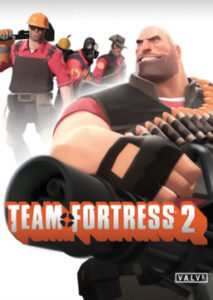A hearing was held on January 18th before a Washington State Senate Commerce Committee on the future of online poker within the state.
The hearing was held before the Senate Commerce, Labor & Sports Committee to discuss the possible regulation and taxation of internet poker and daily fantasy sports. We have discussed the DFS discussion here.
As for online poker, the committee took testimony from John Pappas of the Poker Players Alliance (a grassroots activist group per Pappas) as well as an interesting testimony from a math schoolteacher and avid online poker player.
Pappas spoke about how Washington’s law prohibiting online gaming is one of the strictest criminal penalties for wagering on the internet. Pappas said that the law was nonsensical and unenforceable. He hoped that the legislature would look into ways of licensing and regulating online gaming. Pappas asked that online gaming be viewed as a consumer protection issue.
He pointed to New Jersey as a state that has done well in regulating online gaming.
It is a Class C Felony penalty (5 years in prison and/or $10,000 penalty) if someone is caught gambling online in the state, which, according to Pappas is similar to the penalty given to sex offenders.
Online poker is illegal in Washington state despite attempts to repeal the law. But there’s nothing currently before the legislature regarding repealing the law and/or legalizing online poker.
The Washington State Gambling Commission gave an overview of the Gambling Act. It noted that Consideration, Chance and Prize are the three issues the commission considers. The attorney for the commission noted that it has not arrested any players as it stated that it focused more on companies.
The question of what other states are doing with online poker and whether those states that have regulated it determine whether it is a game of skill was a query. The commission went over states that looked at license fees and what taxes each assessed.
Testimony was also provided by proponents of online poker.
Ernie Stebbins of the Washington Indian Gaming Association noted that tribal gaming were an economic benefit for tribes. According to Stebbins, on an annual basis for state and local sales tax provides $255 million to the state treasury.
On the other side, the concern of compulsive gambling was an issue raised by those that might be opposed to the legalization of online poker.
There was no bill before the committee which is problematic if there is to be any movement for the state of Washington.
 (via
(via